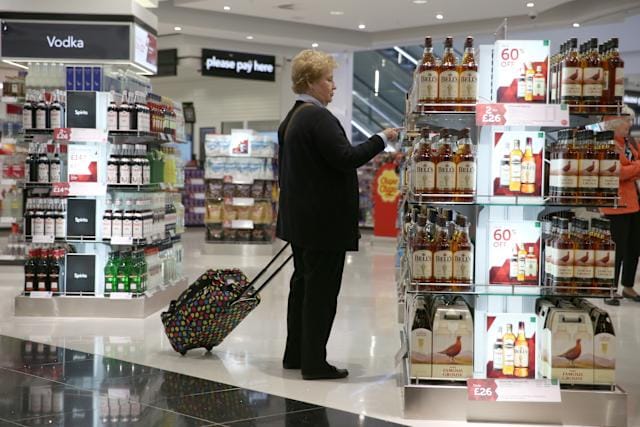🎧 Listen to This Article
European export shops, the duty-free retail outlets located in airports and border terminals, face stricter operational guidelines as authorities clarify rules for sales to entitled and non-entitled passengers. The updated guidance aims to ensure proper compliance with customs duty suspension laws while streamlining monitoring of these specialized retail spaces.
According to the latest instructions, export shop operations now fall into three distinct categories:
- Exclusive Sales to Entitled Passengers: These shops must be located in areas accessible only to passengers eligible for duty-free purchases, such as terminals exclusively serving third-country flights.
- Common Stock Sales: In this scenario, shops may sell to both entitled and non-entitled passengers, provided that at least 50% of sales are made to entitled passengers. Shops in this category must also receive separate authorization to participate in the Special Payment scheme.
- Dual Stock Sales: Shops open to all passengers — including both third-country and intra-EU travelers — fall under dual stock rules. Here, either the ratio of sales to entitled passengers is below 50%, or the shop opts not to participate as a Common Stock location.
Customs-suspended goods, such as imported electronics from Japan or premium wines from Australia, may only be stored in export shops that have received formal approval as a customs warehouse. Compliance procedures for these products closely mirror those for general customs warehouses, while removal controls for entitled passengers follow excise-suspended goods protocols.
Industry experts say the changes are designed to balance regulatory oversight with operational flexibility for airport retailers. Adrian Deveny, a customs consultant based in Brussels, noted, “The updated rules clarify the boundaries for export shops, but they also introduce additional documentation requirements that will impact staff training and inventory management.”
Retailers will need to demonstrate physical construction or handling of goods to qualify for customs-suspended status, with limited exceptions for smaller installations. Shops must also maintain a continuous program of stock management to meet regulatory standards.
With these measures, authorities aim to tighten enforcement on duty-free and suspended goods, ensuring that only eligible passengers benefit from tax exemptions while minimizing the risk of diversion into the broader market.
For any questions, clarifications, feedback, or contributions regarding this article, please contact us at editorial@tax.news. We welcome your input and are dedicated to delivering accurate, timely, and insightful tax news. All inquiries will be handled confidentially in accordance with our privacy policy.



